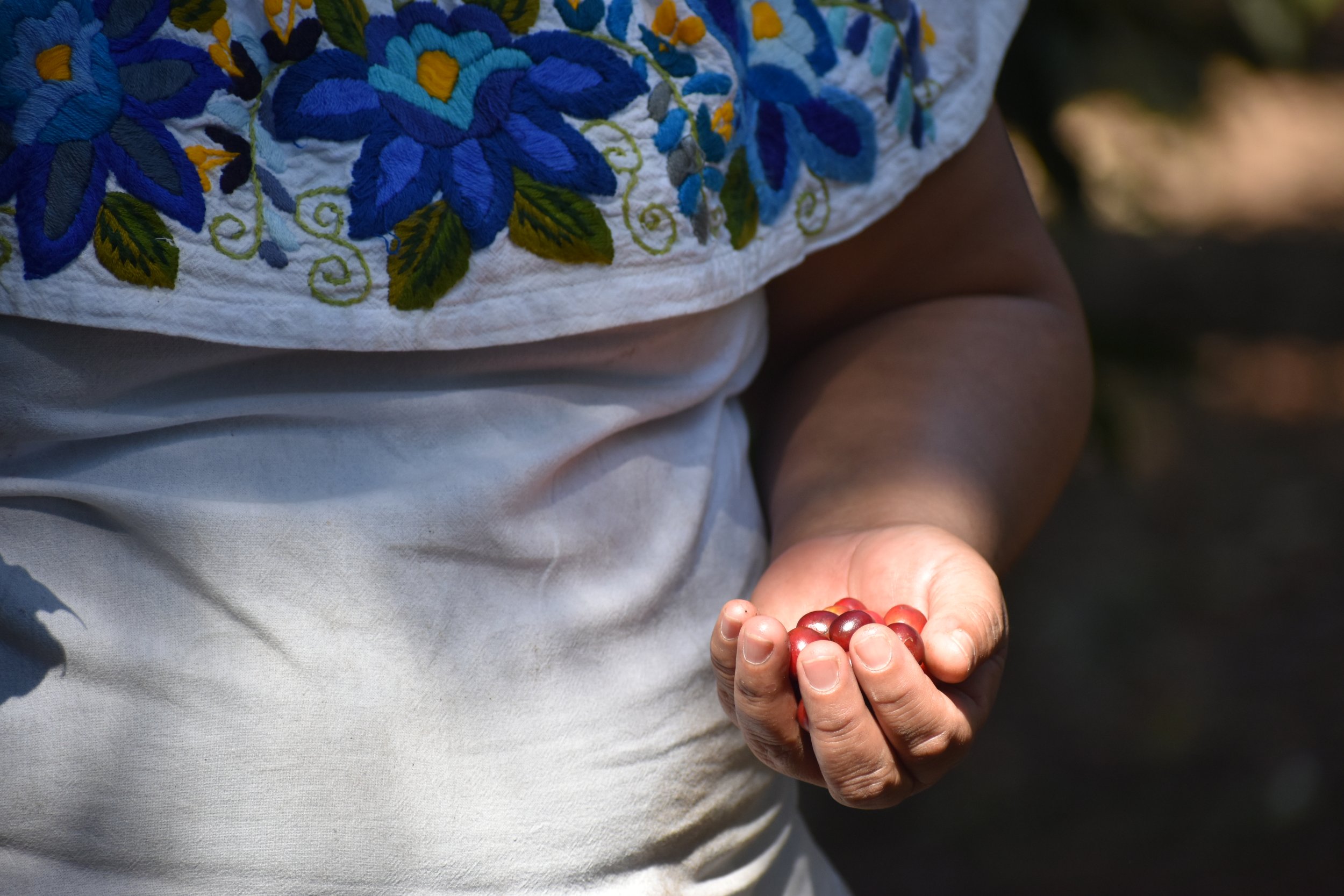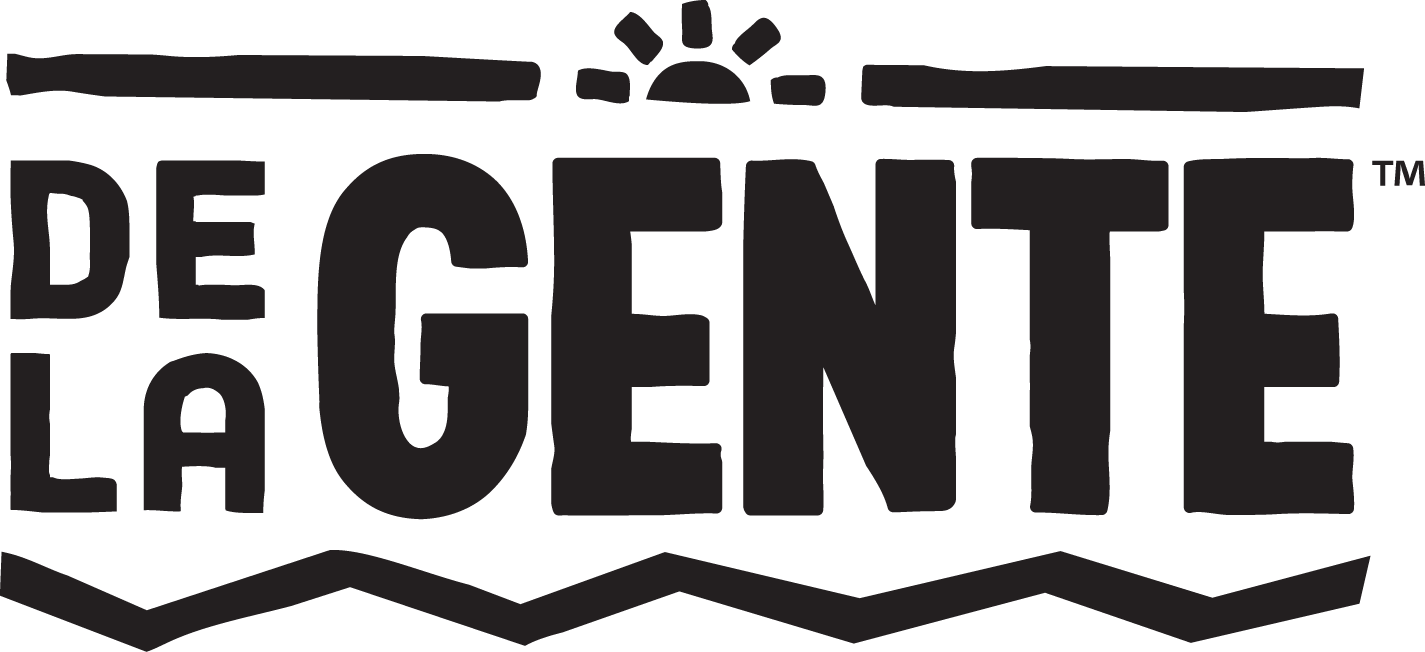
Guatemalan Washed Process Coffee from the Producers' Perspective
Washed process coffee is the most common of all processes and, thus, the easiest to find at grocery stores and coffee shops all around the world. From the consumer perspective, this favoritism could be because of a cleaner coffee and consistency in flavors from harvest to harvest. In this article, we’ll learn more about the washed process coffee from the producer’s perspective and understand their preferences when processing their coffee.

Peculiarities of Guatemalan Natural Processed Coffee
The natural process begins after the fully ripe coffee fruits have been harvested. In Guatemala the harvest is done by hand without the use of machines. After the harvest, they are immediately put to dry on drying patios or raised beds under the sun for about two weeks. The result of drying the entire fruit with all of its layers and sugars is an intense earthy and fruity flavor.

Sun-Grown vs. Shade-Grown Coffee: How It Impacts the Environment and the Farmers
Just as there are two main kinds of coffee, Arabica and Robusta, there are two main methods of coffee cultivation, sun- grown and shade-grown. Shade-grown coffee is the more traditional approach that mimics the natural way coffee used to grow, underneath a forest canopy. Beginning in the 1970’s the idea of growing coffee in full sun was introduced to coffee farmers with the intent to increase production.

Women Who Inspire Inclusion | Women Caficultora Network Project
At De La Gente, we work with many women who inspire inclusion on a daily basis working as coffee producers, mothers, wives, and sometimes, as head of households. In a perfect world, having a career in coffee or any other job would be perfectly normal, but in the case of the members of the Women Caficultora Network Project by De La Gente, that’s not the case.

Ethically Sourced Coffee Generates Opportunities for Guatemalan Coffee Farmers
At De La Gente, we promote ethically sourced coffee by practicing a relationship-based trade model that is driven by forging authentic connections and relationships between coffee farmers and green coffee customers, who, too, are committed to justly compensating small-scale coffee producers.

A Tale of My Coffee Farm Tour Experience in Antigua With De La Gente
I took a van ride from Antigua for about 15 minutes and arrived at a home in a narrow alley in a mountainous village named San Miguel Escobar right below the Agua volcano.
There, I met Mr. Juan Carlos, the coffee farm owner, and his son Luis. We exchanged greetings, and they gave us a brief overview of the tour schedule. Right from the beginning, I felt that this was not something done casually.

Danilo Rodriguez brings his coffee growing roots, industry knowledge, and passion for DLG to the role of Executive Director
Danilo Rodriguez brings his coffee growing roots, industry knowledge, and passion for DLG to the role of Executive Director. Since 2014, he’s held various positions within De La Gente, allowing him to grasp the inner workings of the larger coffee industry. Playing a dynamic role in DLG’s past and present, he is excited to lead the organization into this new chapter.

Guatemalan Coffee Beans from the Traditional Atitlán Region
Guatemalan coffee beans from the Atitlán region are cultivated between 5,000 and 5,600 feet above the sea level (1,640 - 1,706 meters), along the lake’s shores and on steep slopes of these volcanoes. The high humidity, volcanic proximity, and daily Xocomil winds stirring cold lake waters create a distinct microclimate that gives Atitlán’s coffee a unique profile.

Huehuetenango Coffee Harvested in the Cuchumatanes Mountains of Guatemala
Huehuetenango coffee is well known for its quality and unique flavor. The topography, elevation, and climate of this specialty coffee growing region all contribute to making Huehuetenango coffee some of the most distinct and enjoyed within the international specialty coffee community.

Where is Coffee Grown Near the Two Highest Peaks in Central America?
San Marcos, one of Guatemala’s departments (state/province), shares a border with Mexico and is home to Central America’s two highest peaks—Tajumulco and Tacana Volcanoes. ANACAFE (the National Coffee Association of Guatemala) pays tribute to this iconic volcano duo and extensive volcanic presence throughout the region by naming this specialty coffee growing region Volcanic San Marcos.

